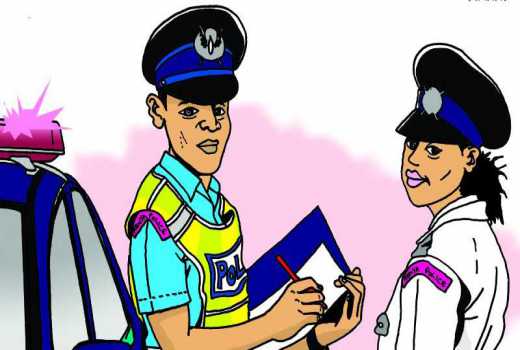
The work of our law enforcement officers is no doubt challenging and we will never have enough officers to police every driver, passenger or pedestrian. As such we need to change our attitude to road safety and obey traffic rules even when traffic police officers are not on the roads.
The traffic police also need to change. It is not inconceivable to have polite, friendly and uncompromising officers on our roads. A traffic offence should not be treated like a criminal offence (unless of course it leads to a serious accident).